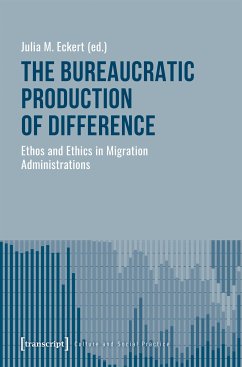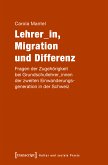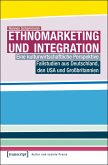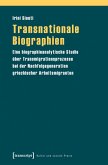In the context of the ever-increasing political problematization of migration in Europe, agencies charged with migrant administration create diverse categories of difference to distinguish between the »deserving migrant« and the illegal one: They assess the detainability or the credibility of asylum seekers, the danger posed by Islamic organizations, and make situational decisions that determine whether migration or labour law applies to individual agricultural workers. In this book, each chapter analyses how organizational interpretations of the common good shape bureaucratic practices. Together, these ethnographic analyses reveal how migration policies in different European countries take shape in administrative practice.









